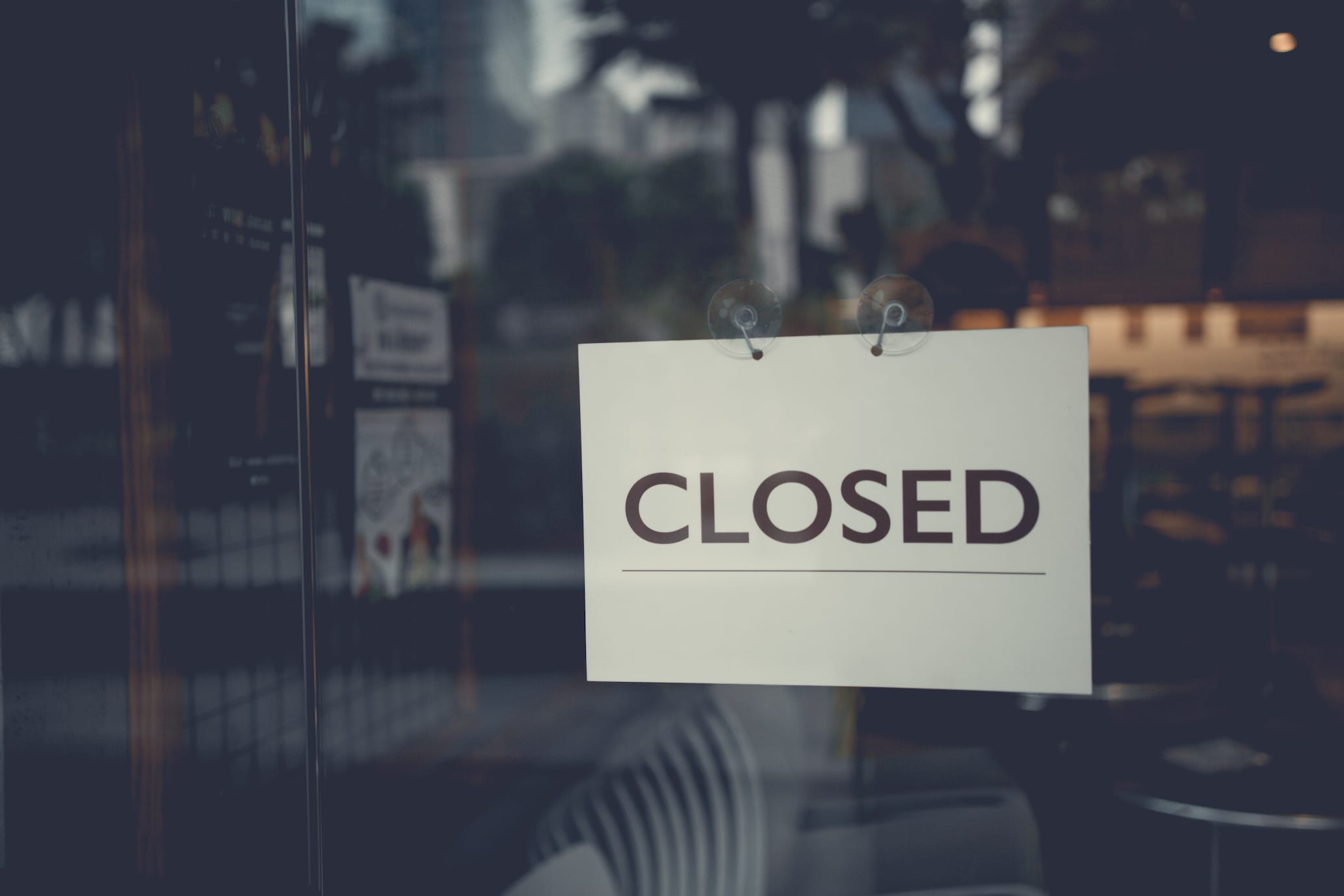No two leases are the same and everyone’s situation is different. Our experienced team of property and commercial lawyers are able to provide prompt and tailored advice to the specific circumstances of Landlords and Tenants alike and can assist with any lease negotiations on their behalf. Please contact us today on (07) 5526 0157 to discuss how we can help you.

As the number of cases of COVID-19 in Australia begin to rise, so do the efforts and the restrictions to combat this malignant virus. Many businesses are suffering. At Marino Law, our Landlord and Tenant clients are turning to us for professional advice to minimise the financial consequences that stem from COVID-19. We have developed the following list of practical considerations for both Landlords and Tenants in regards to lease dealings:-
- Infectious diseases or contamination: A Tenant is usually under an obligation to give written notice of any infectious disease within the premises. A confirmed (or even reasonably suspected) COVID-19 case would trigger this obligation, requiring the Tenant to report the event(s) to not only the Landlord, but perhaps also to a governmental, regulatory or health authority and to comply with any directions, business restrictions or closures, hygiene, sanitation or fumigation directions or procedures.
- Premises closures: A lease will often prescribe the minimum hours a Tenant must open for trade. Where COVID-19 affects (or could potentially affect) trade, careful consideration must be given before any decision to close is made. For example:-
- Closure by Landlord: A Landlord needs to carefully review the express wording in its lease before restricting or preventing access to the premises. Failure to do so places the Landlord at risk of breaching their legal obligation to provide quiet enjoyment for the term. If the Landlord is acting reasonably, or is acting in compliance with a Government law or directive, then the Landlord’s conduct would likely be excused. However, if a Landlord forces closure on a Tenant that would otherwise be able to trade (for example, as an essential service), then any unreasonable action taken by a Landlord to restrict access or customer flow past the premises or that causes significant trade disruption may, especially if the lease is governed by the Retail Shop Leases Act 1994 (Qld), expose the Landlord to a claim for compensation from an affected Tenant. Courts assess the reasonableness of a Landlord’s actions on a case-by-case basis, depending on the facts, matters and circumstances that exist in each lease transaction.
- Closure by Tenant: Leases are usually tailored to suit the Landlord. The outbreak of a disease pandemic such as COVID-19 will not usually give a Tenant any legal or automatic right to close their premises or to seek compensation. It may even be a breach if the Tenant was to do so, where they were not directed to do so by the Landlord, the Government or by law. Tenants should not seek to rely on any actual or threatened COVID-19 cases in or around the premises to terminate the lease or close their premises indefinitely. Especially where there are sanitisation, fumigation or other treatment or cleaning options available to continue a Tenant’s trade.
- Closure by Government / at law: Due to current Government restrictions, many Tenants have already been forced to close, or modify the permitted use initially granted under the Lease. ‘Force Majeure’ and ‘Frustration’, are legal doctrines that apply where an event outside the control of the Landlord of Tenant results in either party being unable to perform their obligations under the Lease. Any party so affected party may be afforded a termination right. There is currently no legal precedent to determine whether the COVID-19 pandemic would permit such a termination right and these matters are typically dealt with on a case-by-case basis. Tailored advice, particular to your own circumstances must be sought before any steps to terminate a lease should be taken by either party.
- Insurance: Landlords and Tenants should immediately review the insurance provisions under the Lease, as well as their insurance policies to be fully aware of what is covered. Often insurers will seek to exclude a pandemic such as COVID-19 from cover, however this should not preclude a party from seeking legal advice as to the ability to make a claim. Especially where a Government mandated shut-down is a very real and imminent possibility. For a Tenant, business interruption or income protection insurance could mean the difference between failure and survival. For a Landlord, loss of rental insurance could prove to be just as vital.
- General Lease provisions: most leases will contain other general clauses that may have application to the current COVID-19 pandemic, including (without limitation):-
- Health and Safety: Most leases and particularly retail leases within large shopping centres will require compliance with general hygiene, sanitation, cleaning and workplace health and safety rules, as well as notification procedures for any incidents;
- Avoidance of harm: A lease will usually contain an overarching a duty to ensure that a Tenant takes reasonable steps to avoid causing and minimise the risk of harm to patrons or other tenants, which could be breached inadvertently in a COVID-19 scenario;
- Damage and destruction: Where the premises are damaged or destroyed to the extent that they are unusable (wholly or in part), a lease will often prescribe a procedure for termination or reinstatement and a rental abatement to the Tenant during the period in which they are affected. These clauses are typically worded to deal with physical damage or destruction, rather than in the context of an infectious disease which is usually dealt with separately (see para 1).
Code of Conduct
The Federal Government has, since the outbreak of the virus, been advising both Landlords and Tenants that help is on the way. The National Cabinet has now agreed that states and territories will implement a mandatory Code of Conduct setting out good faith leasing principles for application to retail, office and industrial leases between Landlords and Tenants. Amongst other things, it is anticipated the Code will deal with:
- rent reductions to Tenants significantly impacted by COVID-19;
- during the COVID-19 pandemic period and recovery period:
- place restrictions on Landlords terminating leases due to non-payment of rent and or appropriating the tenant’s security; and or
- imposing rental review increases;
- obliging Landlords to pass on any relief received regarding statutory charges (land tax, rates etc) and any benefit received by their financial institution.
Landlords are being directed to seek relief from their own financial institutions through negotiation, which often sees a Landlord having to (amongst other things) defer its obligations, such as by capitalising its own repayments back onto the balance of the financier’s loan, to accrue interest at a later date.
There is a ninety billion dollar ($90,000,000,000.00) cash injection being supplied by the Reserve Bank of Australia to the banks, which, it is hoped will be passed on to small and medium sized businesses.
Our commercial and property lawyers are encouraging Landlords and Tenants alike that the starting point is to go back and thoroughly read their Leases. No two leases are the same and the wording of the lease can often have a significant impact on the position of the parties and the outcomes that can be negotiated for them. Our experienced team of property and commercial lawyers are able to provide prompt and tailored advice to the specific circumstances of Landlords and Tenants alike and can assist with any lease negotiations on their behalf. Please contact us today on (07) 5526 0157 to discuss how we can help you.

